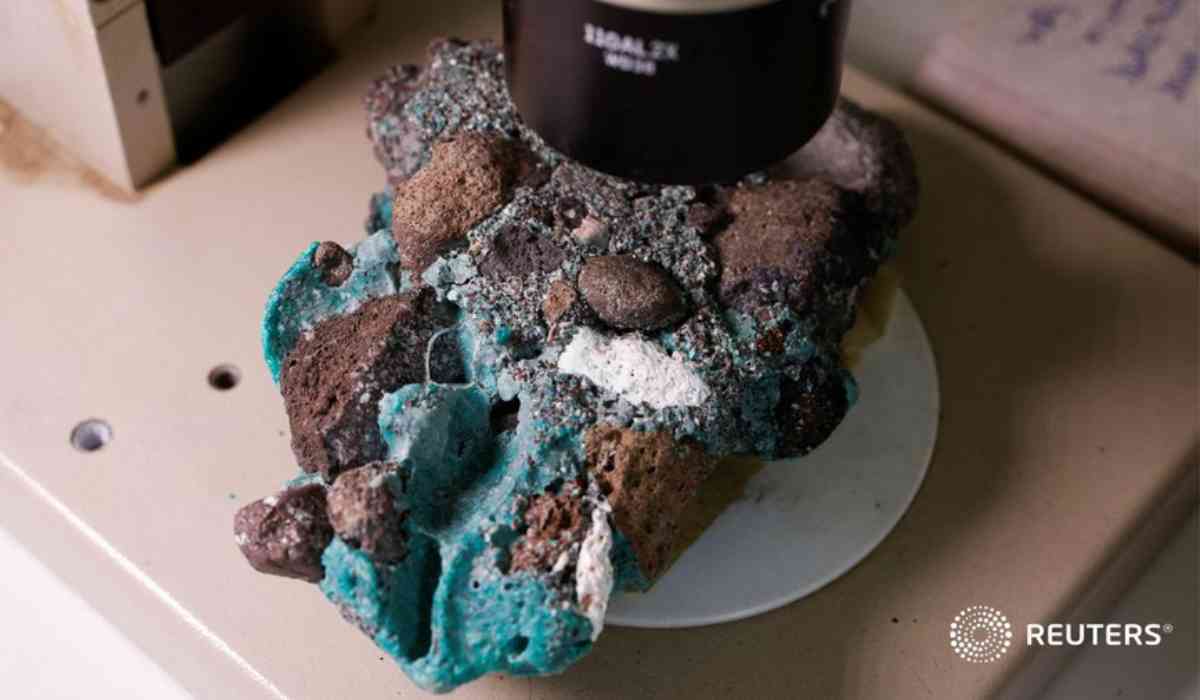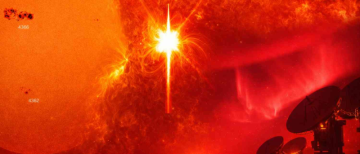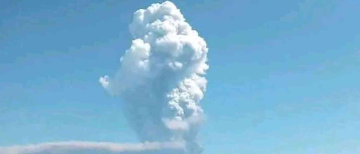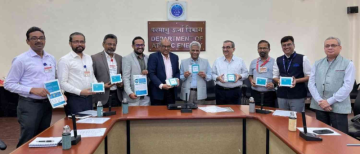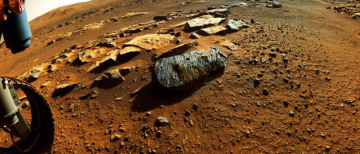For years, the geological features of Trindade Island, a volcanic island in Brazil, have intrigued scientists. However, the recent finding of rocks composed of plastic waste in this isolated turtle sanctuary has raised concerns. The fusion of molten plastic with rocks on the island, situated 1,140 kilometers away from the southeastern state of Espirito Santo, indicates that human activity is increasingly impacting the earth's geological processes.
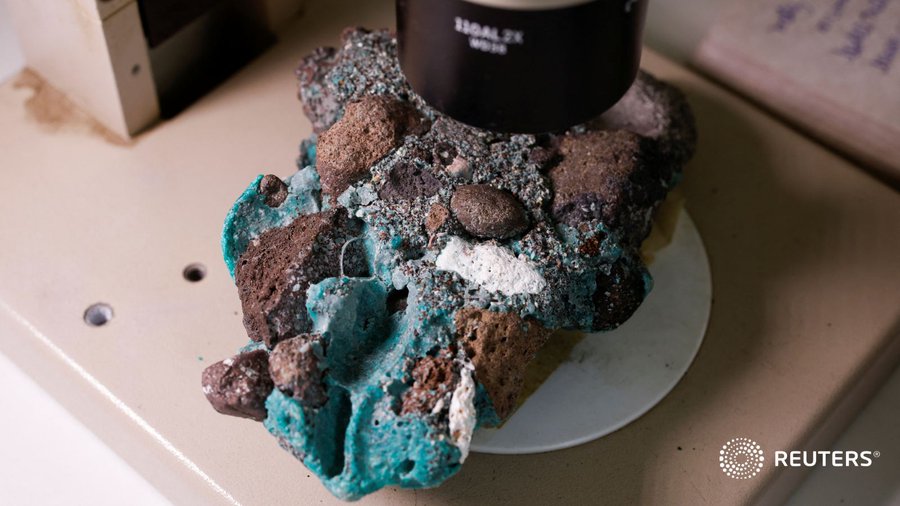
Fernanda Avelar Santos, a geologist at the Federal University of Parana, expressed concern over the discovery of plastic waste integrated into rocks on Trindade Island. She described the finding as a new and alarming indication of how pollution is affecting geology. Santos and her team conducted chemical analyses to determine the type of plastics present in the rocks known as "plastiglomerates," which consist of a combination of sedimentary granules and other debris bound together by plastic. According to Santos, the primary source of pollution is discarded fishing nets, which are frequently found on Trindade Island's beaches and carried by marine currents. As temperatures increase, the plastic melts and mixes with the natural beach material.
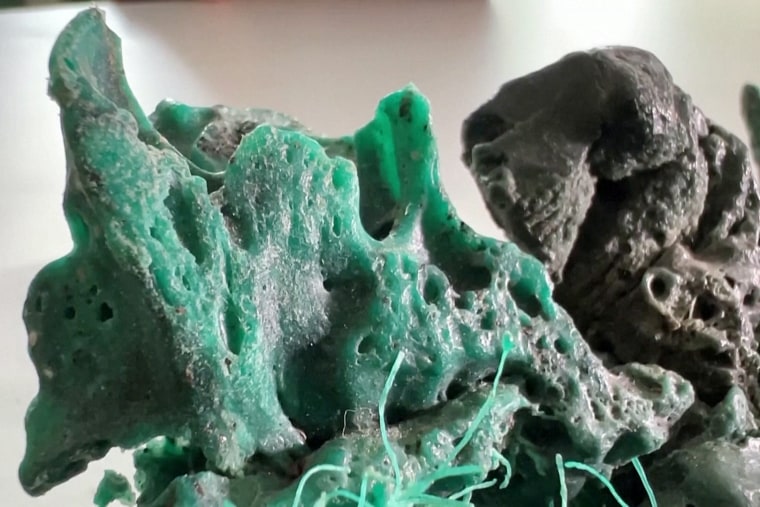
Trindade Island is a vital sanctuary for green turtles (Chelonia mydas), with thousands of them laying eggs there each year. The Brazilian navy is the island's only human inhabitant, maintaining a base and safeguarding the nesting turtles. Santos emphasized that the samples containing plastic waste were collected in a permanently protected area near the turtles' nesting sites.
Santos commented that the discovery of plastic waste embedded in rocks on Trindade Island is a clear indication of the Anthropocene, a proposed geological epoch characterized by humans' influence on the earth's geology and ecosystems. She emphasized that pollution, marine debris, and improperly discarded plastic are transforming into geological materials and being preserved in the planet's geological archives.
© Vygr Media Private Limited 2022. All Rights Reserved.

